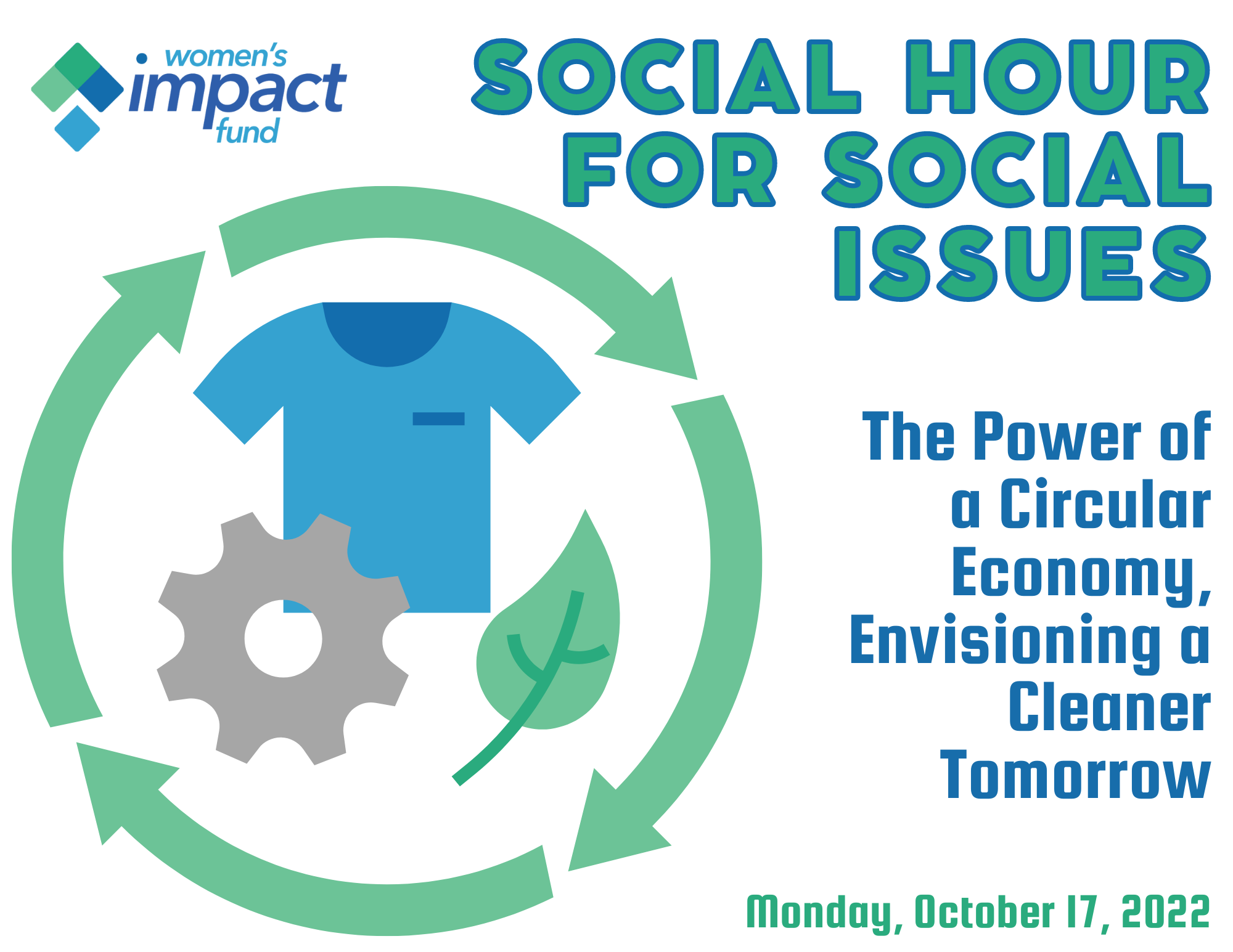
Women’s Impact Fund had an outstanding, in-person Social Hour for Social Issues event at Charlotte’s Innovation Barn on Monday, October 17. It was interesting, inspiring, and a lot of fun. The Innovation Barn is ground zero for Circular Charlotte, a joint project between the City and Envision Charlotte to transition Charlotte to a circular economy. The Barn houses entrepreneurial businesses, incubates zero-waste initiatives, and provides a learning space about circular economic development. We had a great social hour before the program in the Barn taproom area that served locally sourced beers as well as wine and seltzers.
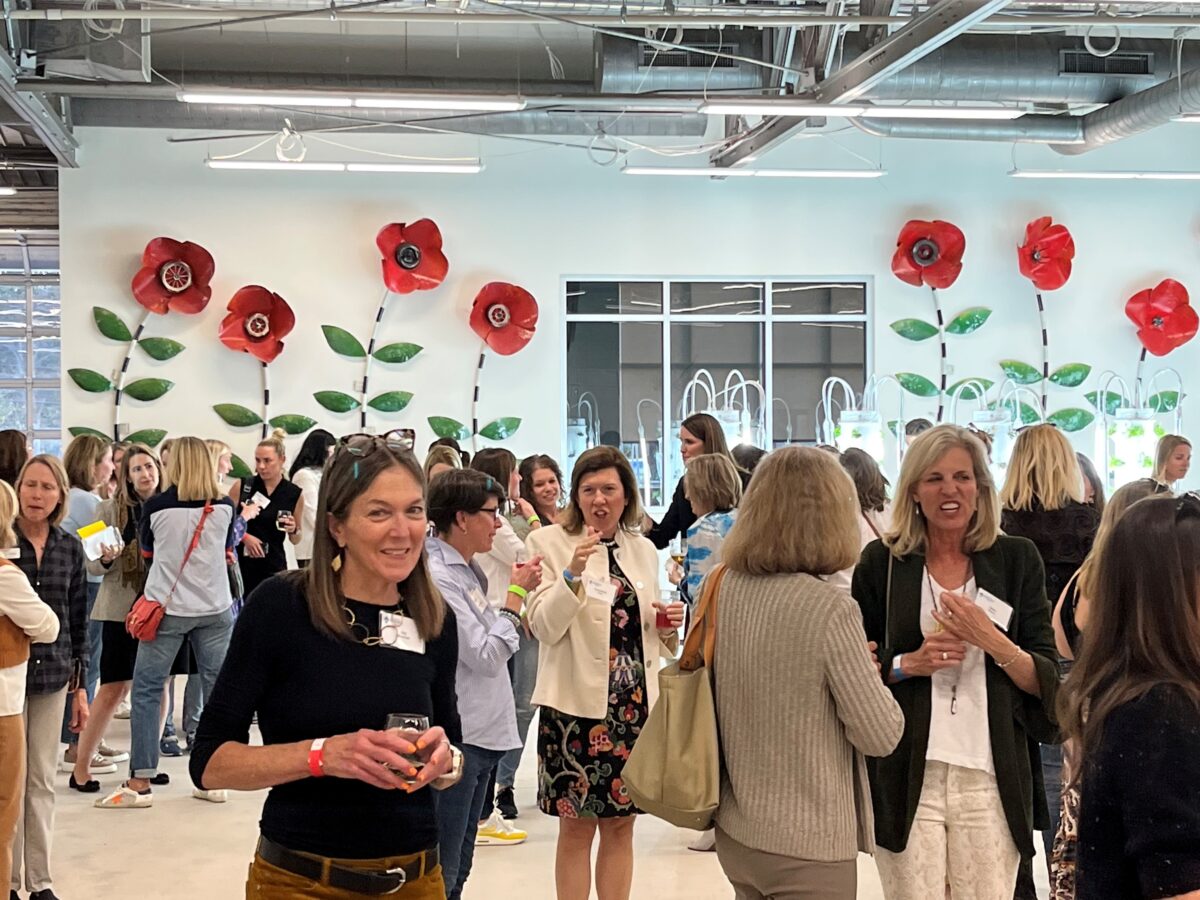
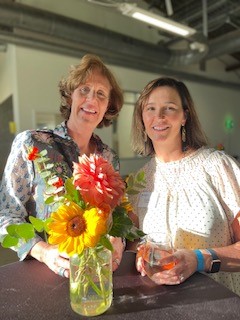
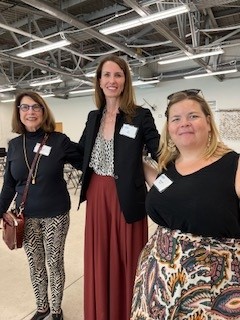
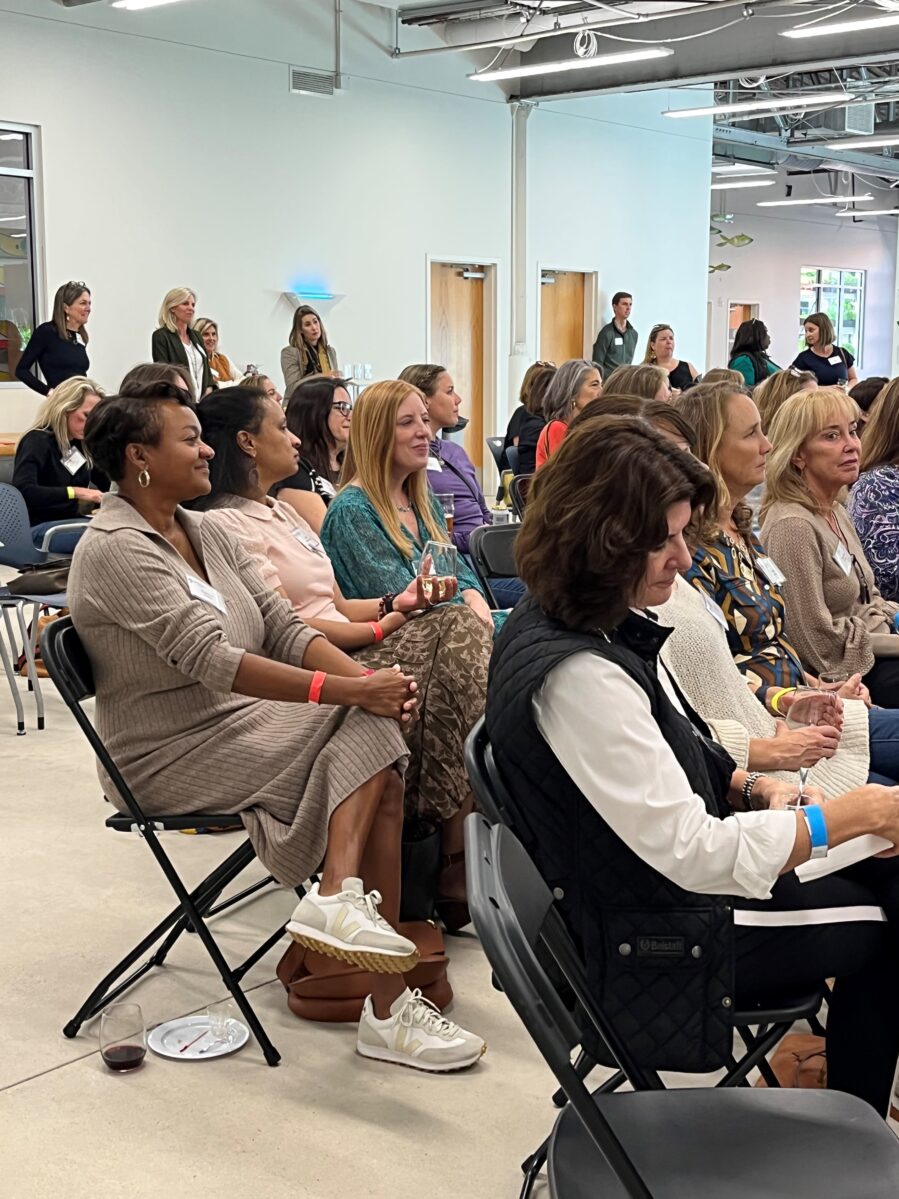
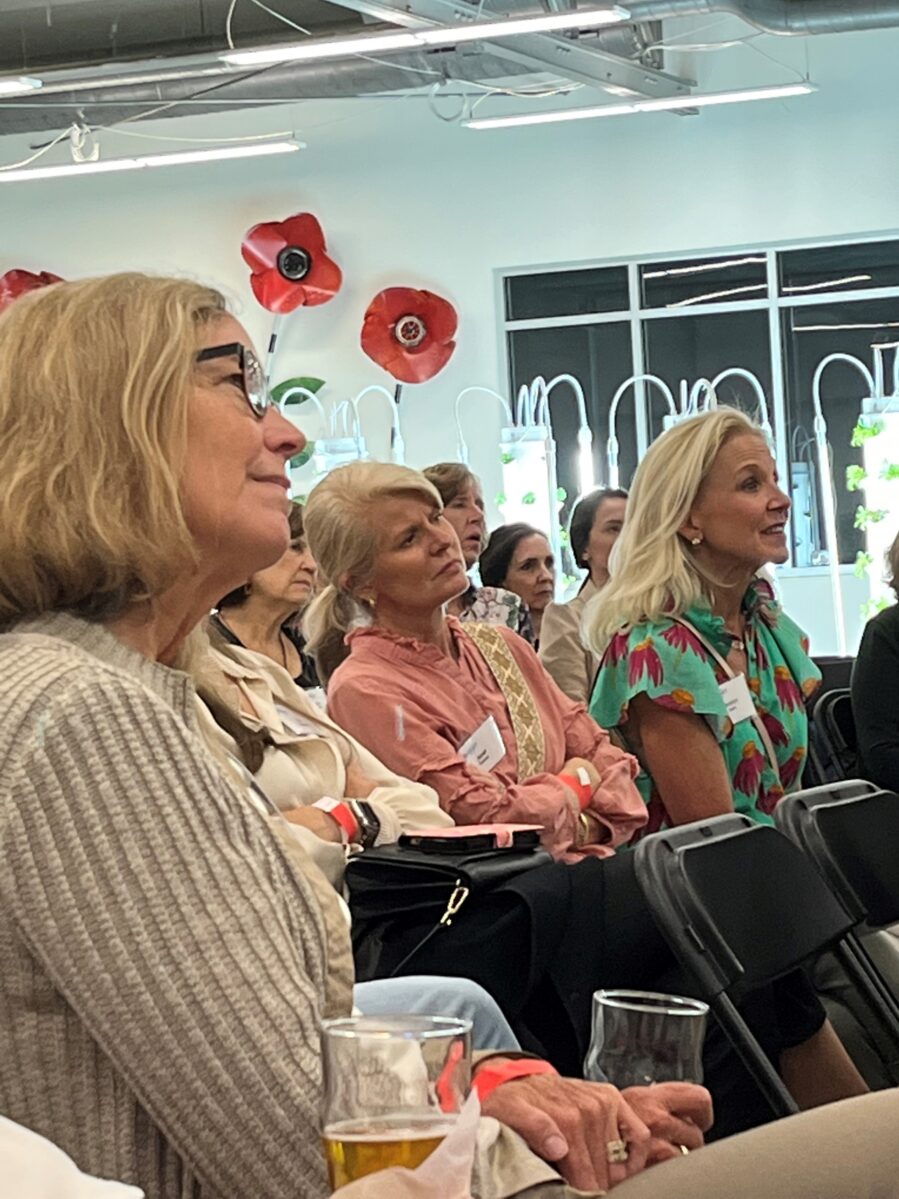
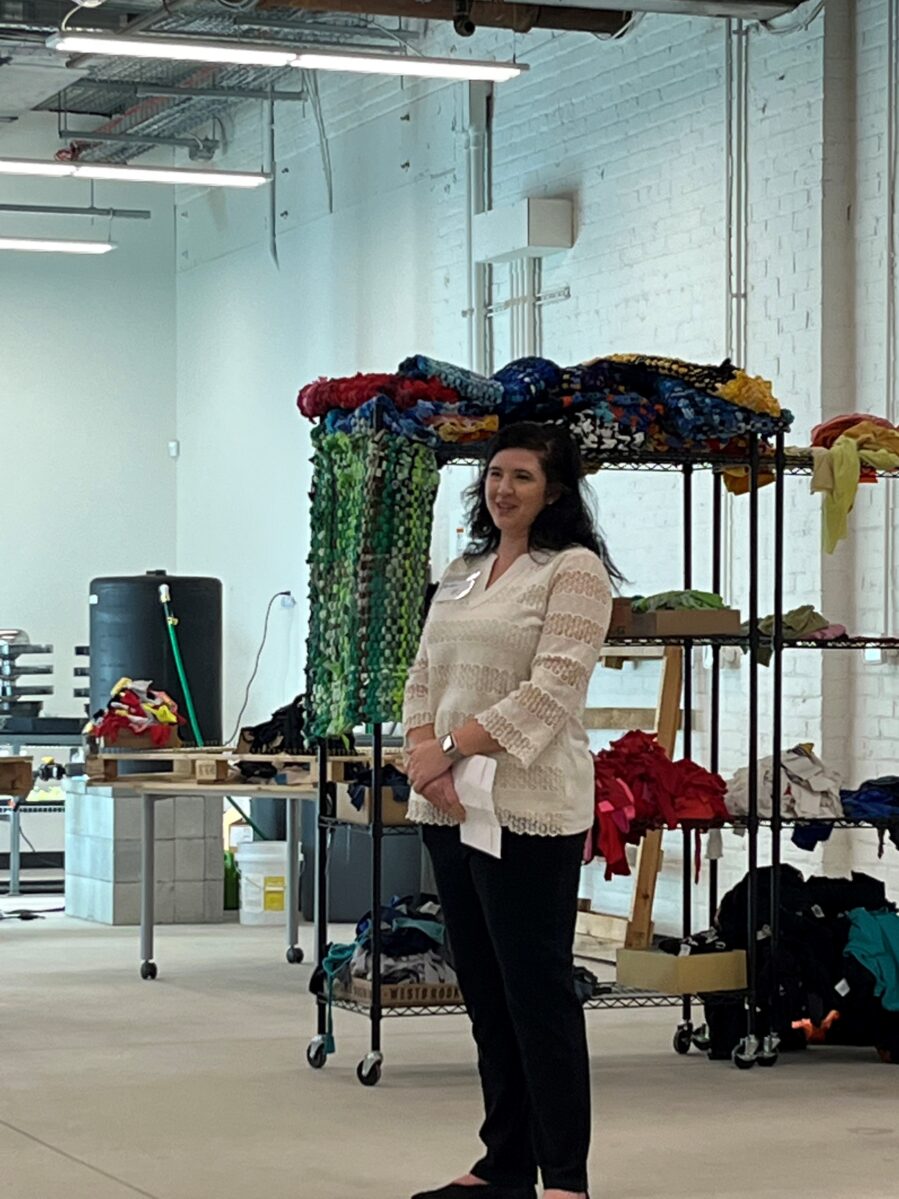
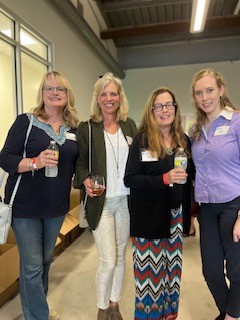
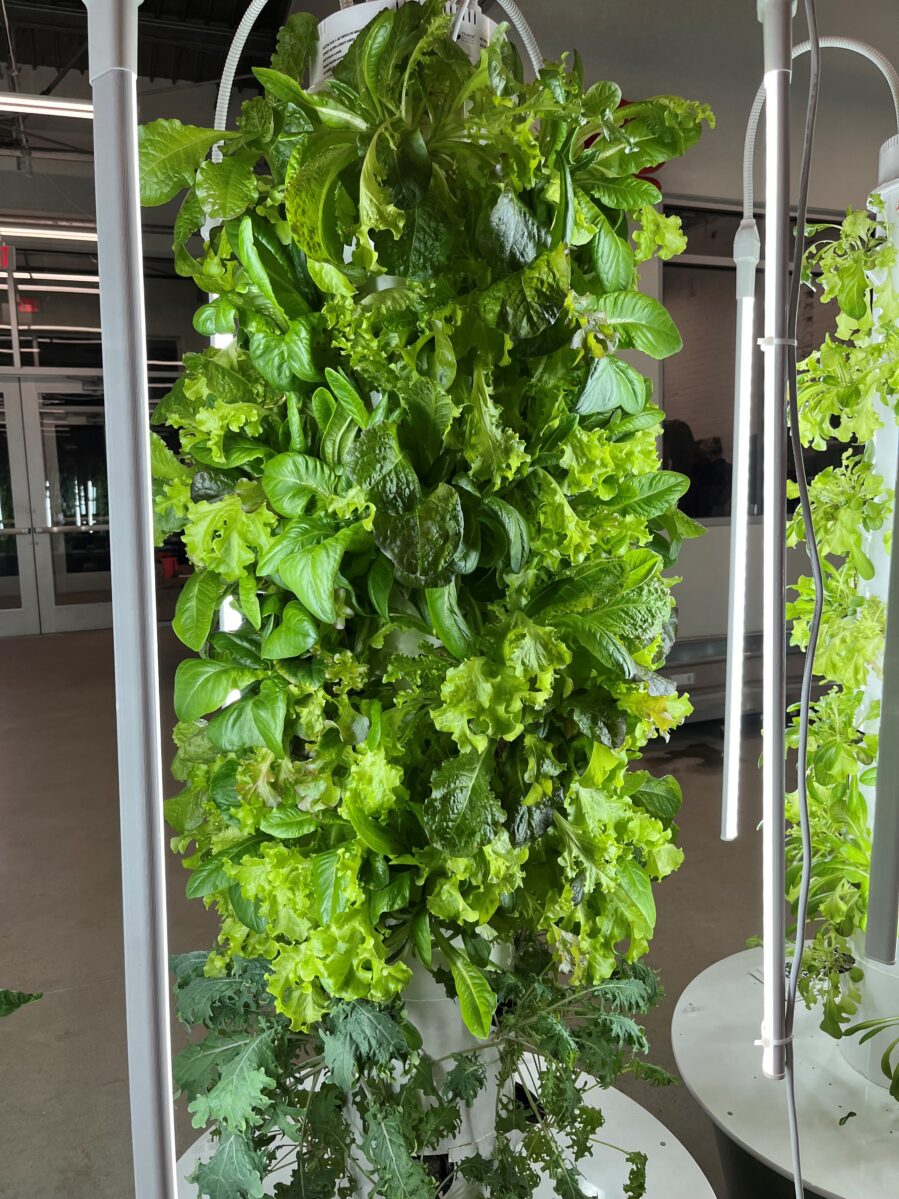
So, what is a circular economy? Let’s start by explaining a linear economic model, which is how we generally operate as consumers. An example of a linear model is when you buy a shirt. You wear it for a season, maybe two, and then is seems outdated, gets stained, or worn out. You throw it away or drop it at Goodwill. And then you probably buy another shirt. This is linear and creates waste.
Circular is taking the “waste”, making it usable, and keeping it out of the landfill. One of the initiatives being developed at the Innovation Barn is repurposing old t-shirts into woven sound panels. The initial project started through a partnership with Goodwill. A larger partnership is in the works in Gaston County, utilizing an old textile mill space and working with Gaston College, the local hospital (a source of textile waste), and KPMG. These zero-waste initiatives are creative ways to reduce waste and produce needed items by “recycling” existing materials rather than creating or extracting new ones.
The Innovation Barn is managed by Envision Charlotte, a 2020 WIF grantee, and is home to a plastics lab that shreds take-out containers and other #5 non-recyclable plastics. The lab then repurposes the shredded plastic into usable things like building blocks that can replace cinder blocks in construction. Who isn’t drowning in take-out containers since the onset of the pandemic and frustrated by all that waste? You can bring your clean #5 plastic containers to the Innovation Barn, and they will repurpose them. Consider organizing a collection with your neighbors or a book group and bring the results to the Barn for reuse. You can also bring your clean fruit and lettuce greens clamshell containers to The Bulb, which is also on sight – they will use them to package produce for their clients.
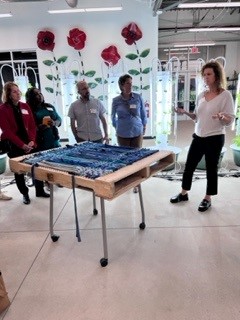
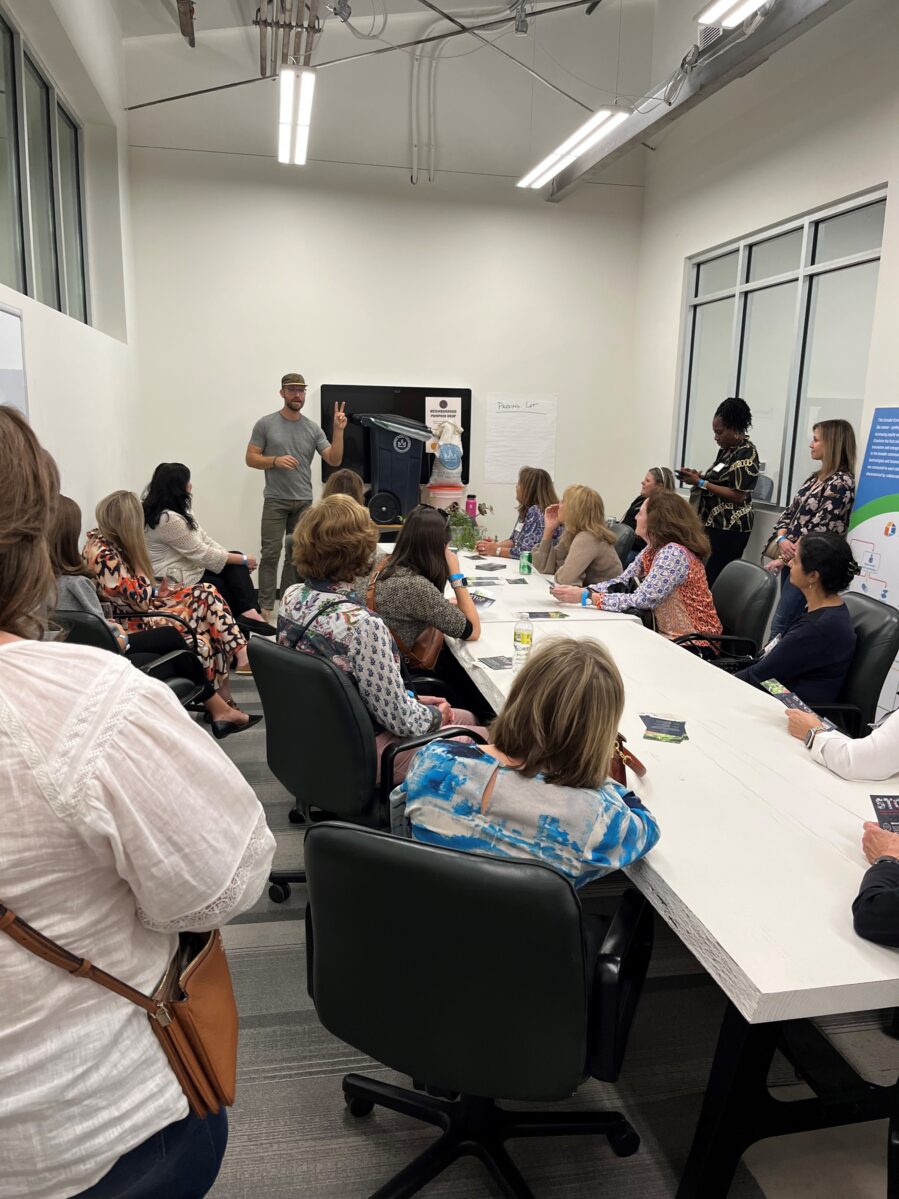
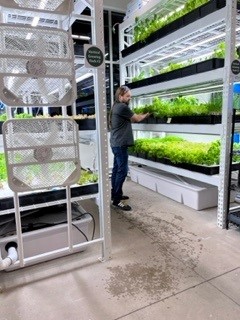
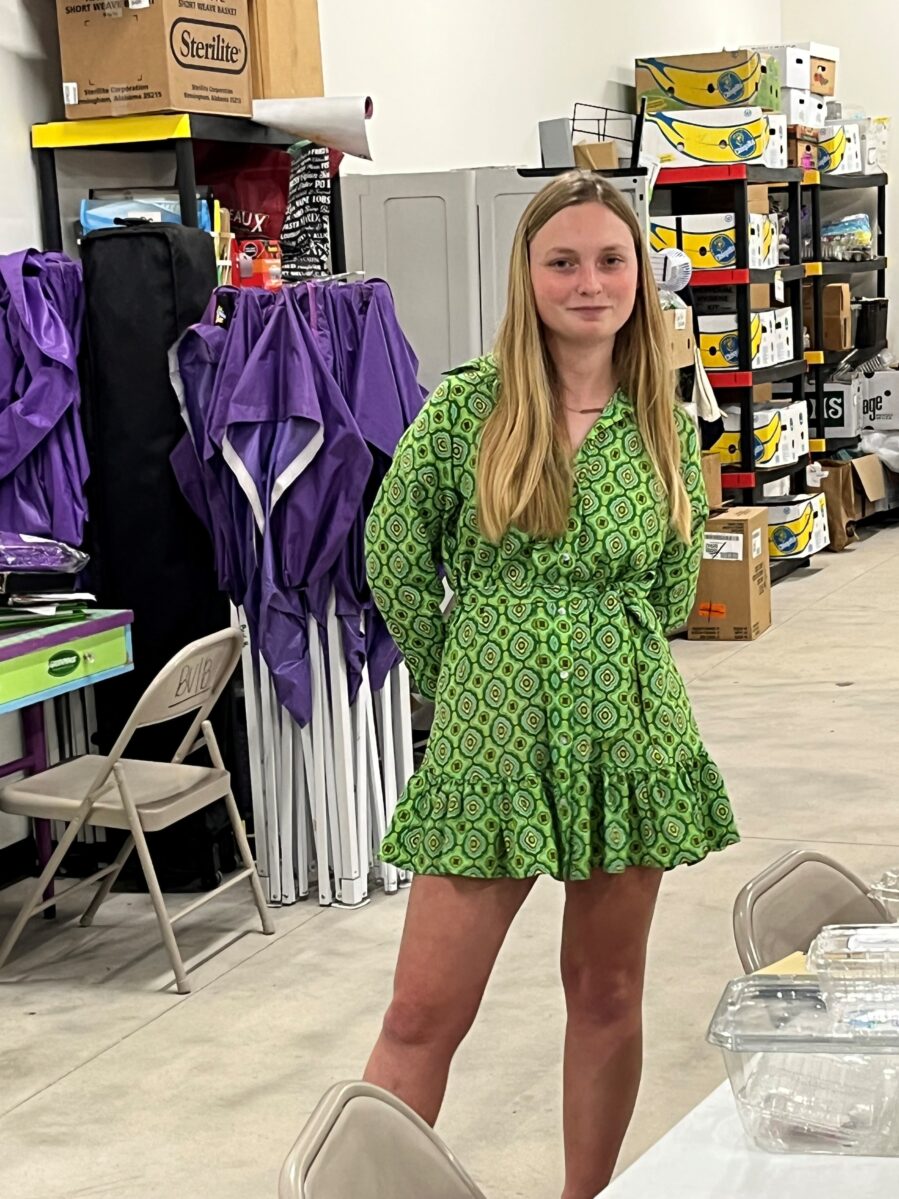
Other businesses at the Barn are:
- 100 Gardens, which uses an aquaponics farming method to raise edible fish and grow edible produce in a symbiotic environment. 100 Gardens farms at Garinger High School educating students about the method.
- The Bulb, a 2022 WIF grantee, used grant funds to move to the Innovation Barn where the mobile farmers market now has access to a huge cooler that helps them serve more neighbors with healthy food. The Bulb also farms at Garinger High School.
- Crown Town Compost, a for-profit business, works to keep food waste out of landfills. Food waste that travels to the landfill in plastic trash bags does not decompose but rather generates methane gas, which is far worse for the environment than carbon dioxide. By creating an easy curbside pick-up service for compostable waste, Crown Town diverts food waste from landfills and generates compost for use by customers or at local gardens and farms. Crown Town is also piloting a landscaping service that uses electric mowers and will consult on how to design and install a low/no carbon footprint yard.
Many thanks to Marcie Shealy, the Signature Events team, and our wonderful staff, Fielding Williams, and Patricia Massey Hoke, for designing and hosting this wonderful evening!

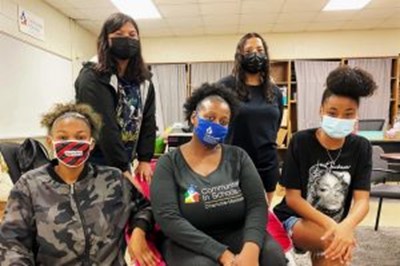
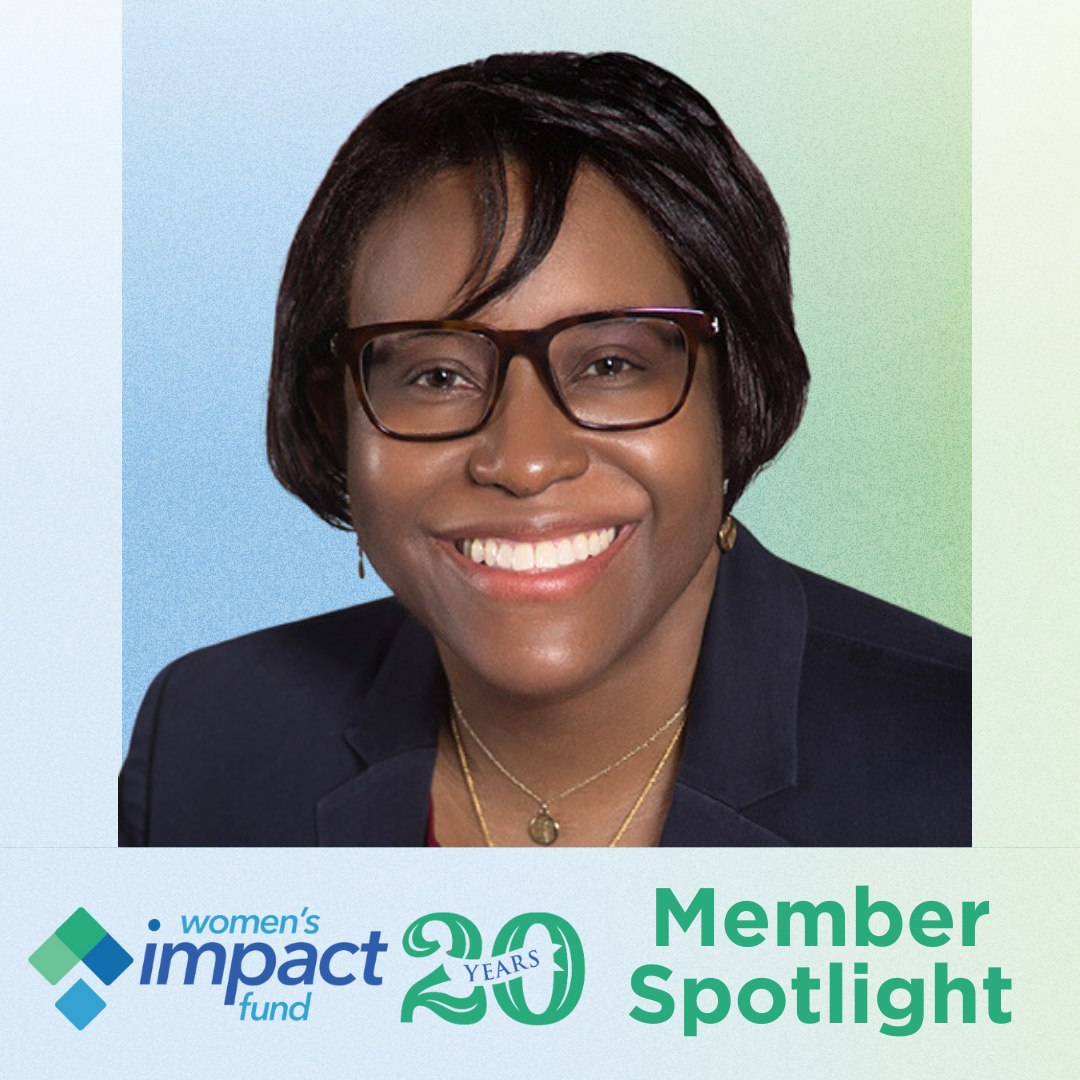
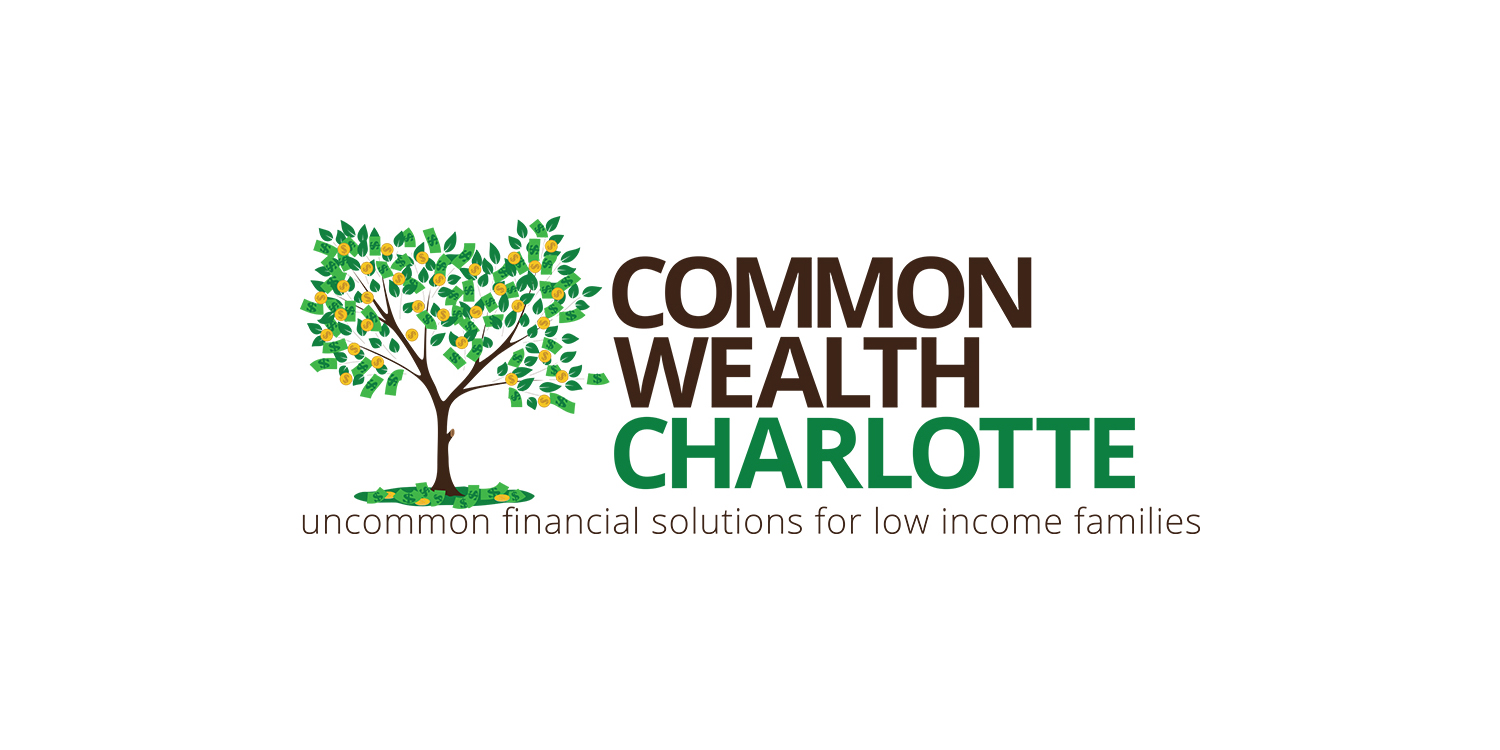
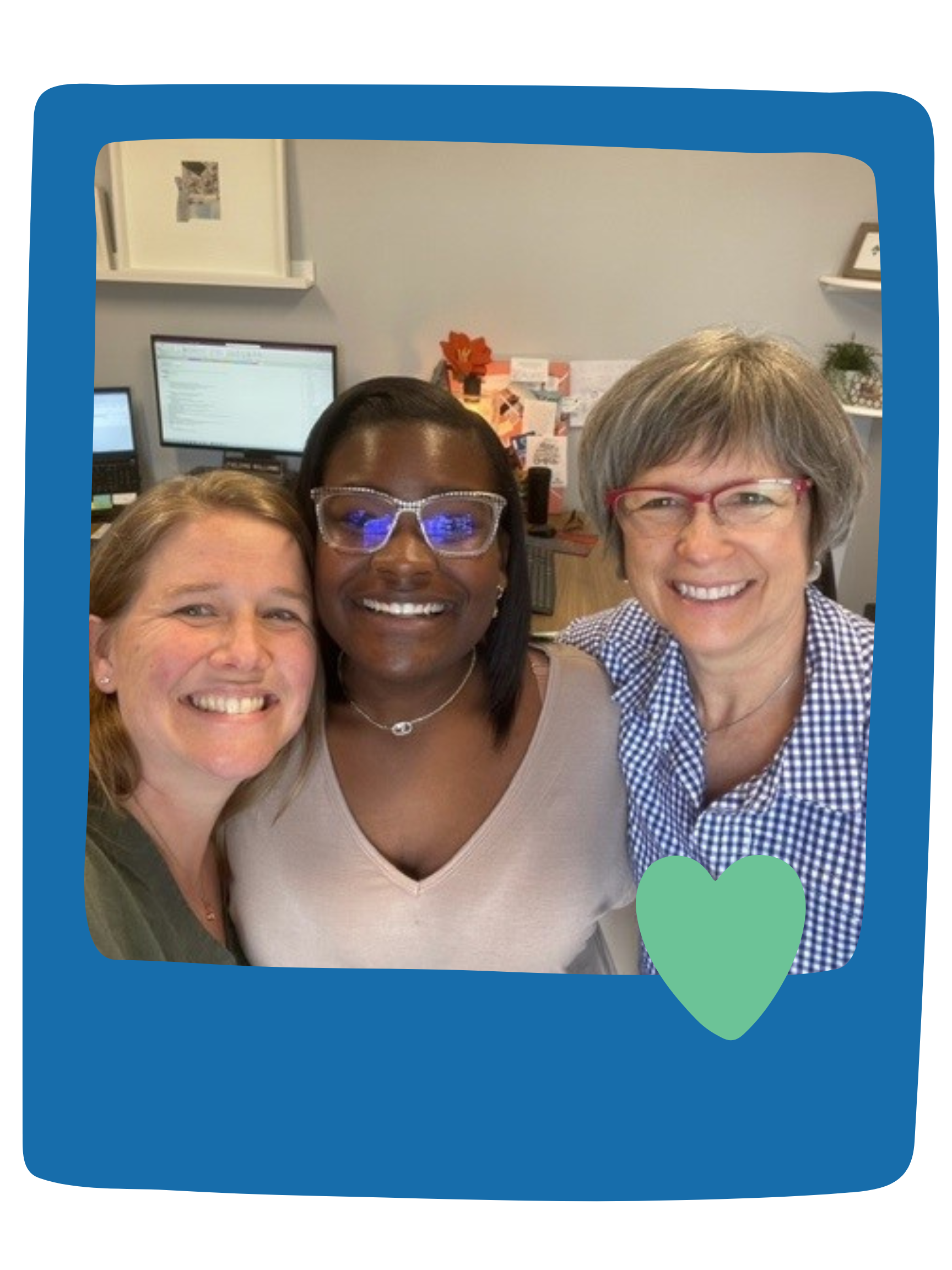
Leave a Reply